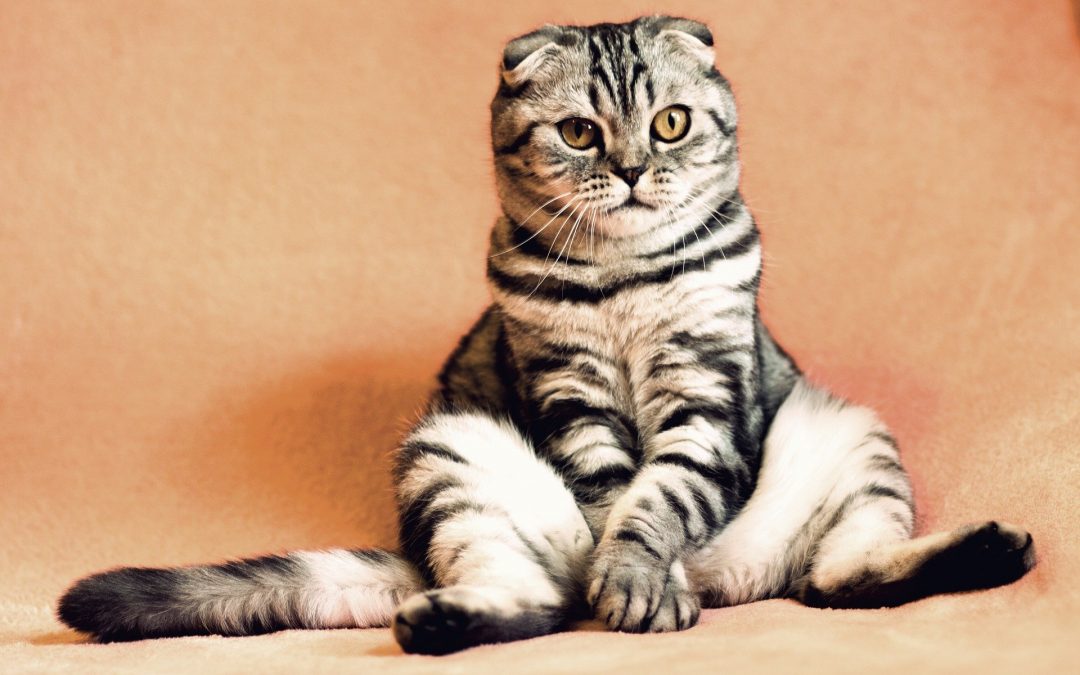We’ve all seen Facebook ads featuring some of our favorite memes of all time, we’ve seen Condescending Willy Wonka promoting a large amount of businesses, along with quite a few other memes. Grumpy Cat has been used to promote countless businesses as have Nyan Cat and Keyboard Cat. One thing’s for sure, cat’s definitely sell, I mean they’re so gosh darned cute! But… Is it safe to use memes this way?
Copyright Within The Meme Machine
Not everyone gets caught out when they use a meme, however they may well be in violation of someone’s copyrights, and if you don’t have the legal right to use a meme, you could end up in serious trouble. There are many examples of people using memes and violating copyrights and intellectual property where they have been caught and legal action has been taken against them.
Think of it like this: If someone took a picture of you and used you to promote their company which you may not wish to be associated with, how would you feel? Let’s say an ideology diametrically opposed to your beliefs used you in order to sell a product or to make money. How would you respond. The average person might not choose to take legal action for damages, but quite a few big businesses have! Would you feel safe using images of Mickey Mouse to promote your company? Probably not.
Earlier I mentioned Nyan Cat, Keyboard Cat and Grumpy Cat. Use of these memes have proved catastrophic for businesses in the past. Nyan Cat and Keyboard cat were both used in a video game called Scribblenauts which was released in 2009 on the Nintendo DS. The use of these memes provoked legal action from Charlie Schmidt, the creator of Keyboard Cat and Christopher Orlando Torres, creator of Nyan Cat. Both of them sued Warner Bros. The owners of Grumpy Cat won half a million pounds in a legal battle with Grenade Beverages for infringement of their intellectual property.
This is huge, especially when you consider the size of the corporations that have been subjected to shelling out huge sums of money in damages. The damage that a legal battle could cause a small company is immense, so we would never recommend a person uses a meme to promote their business.
When Does A Copyright End?
Let’s look at Willy Wonka and the Chocolate Factory. I mentioned Willy Wonka earlier in this blog. The Condescending Willy Wonka meme has captivated the internet for a long time and been in many ads that I’ve seen, especially in marketing. Use of this meme in this way is a breach of copyright and can end up with you facing legal action despite this not having happened yet on a grand scale.
For works created but not published or registered before January 1st, 1978 the term of Copyright lasts for the life of the author plus 70 years. There is no case in which any copyrighted works expire before December 31st 2002. If the work is actually published before December 2002, then the term of copyright will not expire before December 31st 2047. Works created before 1978 which are still in their original or renewal terms of Copyright then the terms are extended to 95 years from the date on which the copyright was secured. This information is given to us by the U.S. Copyright Office: here!
So how does this affect us, and the meme. Well Roald Dahl produced his book Charlie and the Chocolate Factory in 1964. He sadly passed away in 1990. This means that his copyrights and ownership of his intellectual property would expire in 2060. This includes the works and characters he created… But we’re not looking at his written work, rather, we look to the Film: Willy Wonka and the Chocolate Factory which was copyrighted in 1971 and it’s owned by AOL Time Warner. This means that it’s going to be copyright for quite a long time, probably long after this humble blogger dies of old age.
Using images from the film: Willy Wonka and the Chocolate Factory for commercial and even non commercial issues is risky, even with adaption of the images. There are some allowances for use such as parody use and fair use, however these do not generally apply to commercial ventures, so it’s best not to take the risks. For more information on Fair use, you can read our blog here!
So Why Do People Get Away With It?
A lot of the time companies and people are unaware that their intellectual property, trademarks and copyrights are being infringed upon. This doesn’t mean that they are uninterested in protecting these things. Most companies and businesses take pride in their copyrights, branding and image, and these things are strongly protected by their legal teams. Just because these companies are unaware that a violation of copyright is occurring does not mean that they will not come down hard on people who use their brand and assets for self promotion.
Many of the smaller companies who are using other people’s intellectual property, trademarks and copyrights to promote themselves are generally so small that they slip through unnoticed, this does not mean that it’s a good idea to take these these kind of risks and we certainly don’t recommend it! Even though it appears like no companies are being sued for copyright, intellectual property or trademark infringement in this way, that doesn’t mean they won’t be. The law can also change regarding memes, as we have seen with Article 13 so it’s best not to take a risk.
So What Should We Do?
At the end of the day, you are a business owner, you have your products and they are the main focus of what you sell. You don’t need a meme to sell a business. We recommend looking into advertising using your own resources, products and the things you can make. It’s easy and cheap these days to make your own adverts featuring royalty-free music, and people are much more likely to have an interest in your advertisements if they relate to your business.
If people like and share memes, yes your name gets out there, however, that can be really bad for you because of the risks taken with copyright infringement. You have to also take into account that people are interested in the memes rather than your business so it doesn’t really help you much!
Business promotion is incredibly important but in every case we need to avoid taking risks. Any form of commercial promotion using copyrights, trademarks and intellectual property is incredibly risky. Gaining financially can get you sued for damages to brand identity among other things. It’s better to succeed on the merits of your business and the services you provide.

I’m a social media marketing specialist based in Wivenhoe, the CEO of Fantasoft and wannabe space adventurer.


